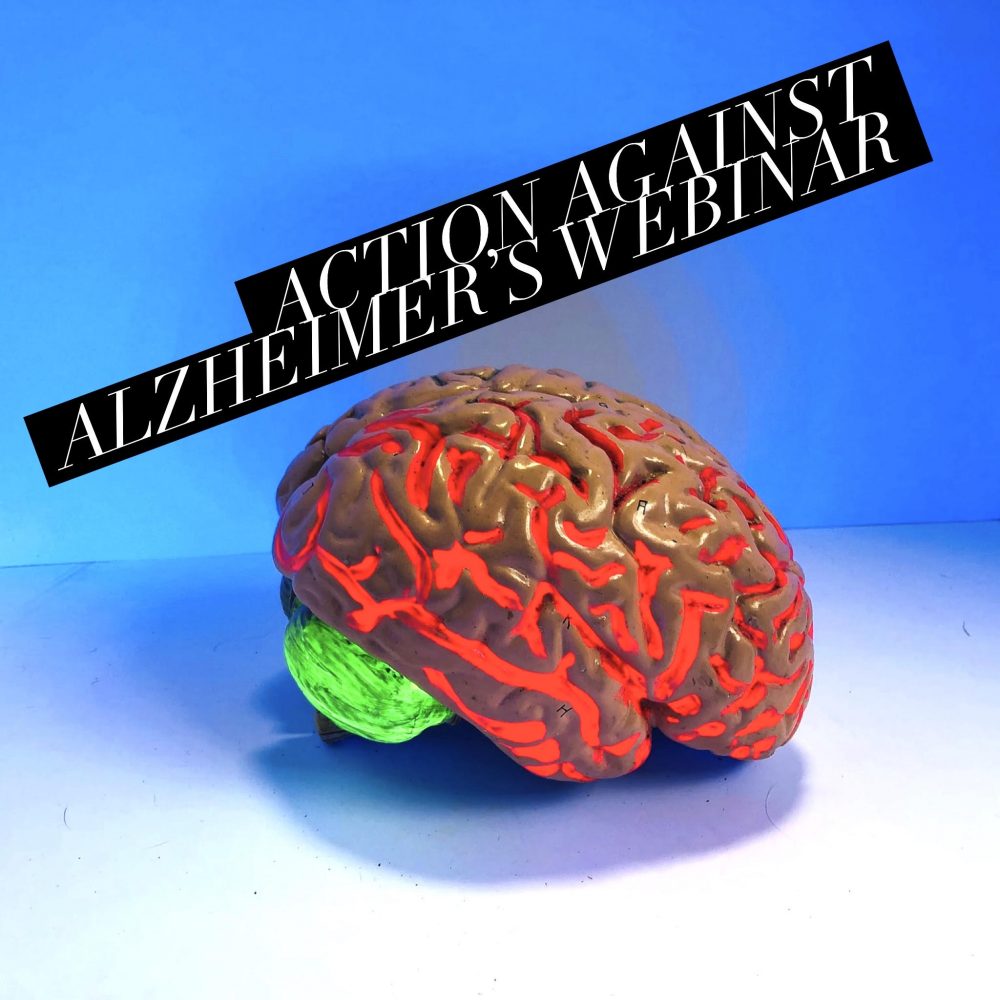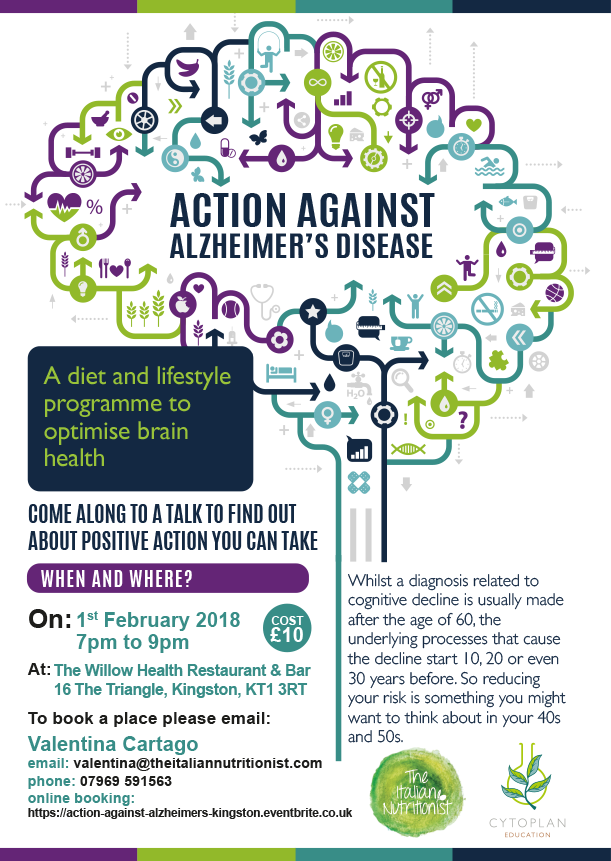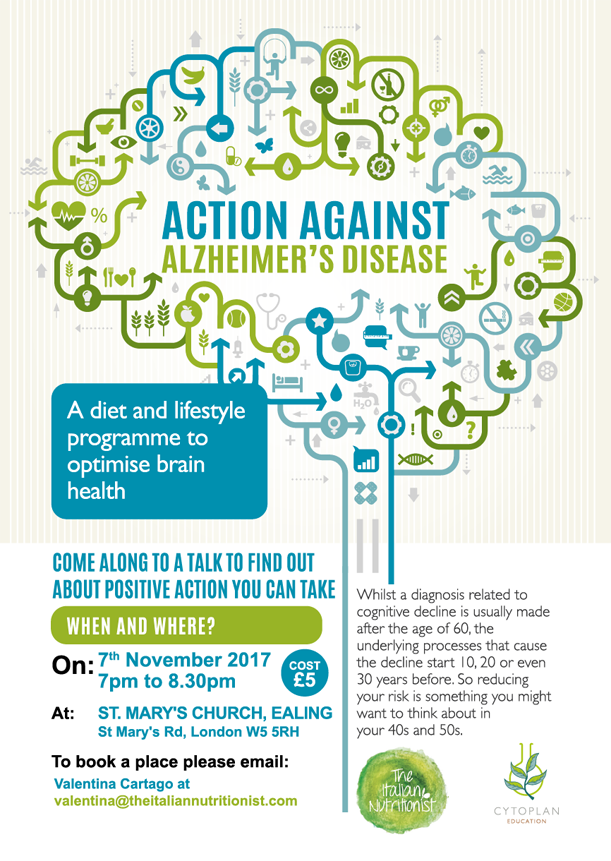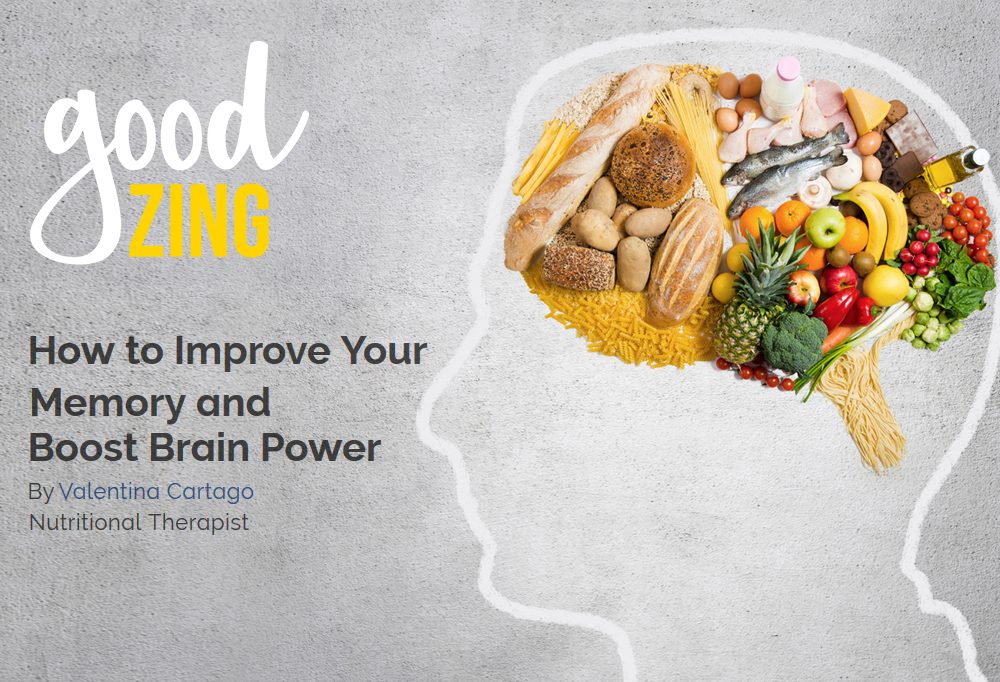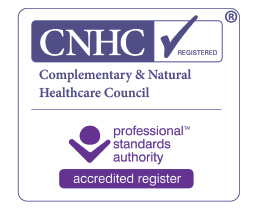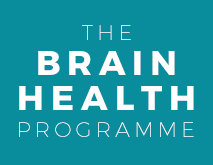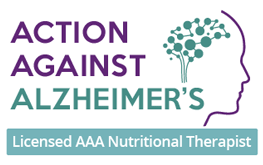In our modern world, where technology intertwines with wellness, the rise of smartwatches has given us unprecedented insights into our health. Brilliant. But have you ever looked at your results and thought: ok great, now what??
In this article, I’ll help you understand the most common health parameters, and share practical strategies to enhance them. By the end, you should be equipped with enough knowledge and insights to translate smartwatch data into actionable steps. Sounds good?
Let’s go.
Optimising Your Sleep
REM, Deep, and Light Sleep
Struggling to sleep like a baby? Not waking up fresh like a rose? You may need to focus on these different stages of sleep that contribute to overall sleep quality. REM (Rapid Eye Movement) sleep is associated with dreaming and cognitive restoration. Deep sleep is crucial for physical recovery, immune function, and memory consolidation. Light sleep is the transitional phase between wakefulness and deeper sleep. Quality sleep cycles are essential for cognitive function, emotional well-being, and overall health. Hashtag: sleep goals.
Sleep Latency
Sleep latency is the time it takes you to fall asleep after getting into bed. Optimising this time ensures you spend more time in restorative sleep stages, promoting overall sleep quality. You ideally want to aim for 10-20 minutes max. Basically, if you get into bed and pass out straight away, you may be sleep-deprived, overly exhausted. If you get in bed and on a regular basis it takes you longer than 20-30 minutes to fall asleep, it’s a little too long. It may be stress related, maybe insomnia or another type of sleep disorder.
What can you do about it:
- Circadian Rhythm: Maintain a consistent sleep schedule by going to bed and waking up at the same time each day. I know, I know. It’s easier said than done. I am not asking you to be perfect or stop your social life, just do the best that you can. We are all human. This helps regulate your internal clock and supports optimal sleep cycle alignment.
- Serotonin-Rich Foods: Foods rich in tryptophan, like turkey, chicken, nuts, and seeds, promote serotonin production. Your happy hormone. This neurotransmitter supports mood and sleep regulation, contributing to improved REM and deep sleep stages. Do you know what else helps serotonin production? Daylight. That’s right. So, make an effort to take a walk on the bright side at least once a day. Are you feeling happier already?
- Fluid Intake Timing: While hydration is key, limit fluid intake close to bedtime to minimise nighttime trips to the toilet. No one enjoys that.
- Cut-Off Time: Enjoy your espresso or double caramel latte earlier in the day, and avoid it in the afternoon and evening, if you want to prevent interference with sleep latency and the transition into sleep stages.
- Dark and Cool: Creating a soothing sleep environment by switching off your electronics, keeping the bedroom dark (hello melatonin!), quiet and at a comfortable temperature to support deeper sleep stages.
- Stress Reduction: Incorporate mindfulness meditation into your daily routine. This practice supports stress reduction, positively impacting sleep latency and the quality of sleep stages. Mindfulness can be different for everyone: apps like Calm or Just Breathe could help. You can also look into Biohacking tools like Sensate, to support the vagus nerve and activate your parasympathetic nervous system. This is the part of your nervous system that relaxes you.
- Timing Matters: Engage in regular physical activity, but avoid intense exercise close to bedtime. Switch your late night HIIT or kickboxing class to calmer activities before bed, such as reading, gentle stretches, or listening to soothing music. These practices prepare your mind and body for restful sleep, rather than getting your adrenaline going. Moderate exercise earlier in the day can enhance sleep quality.
- Consistent Routine: Create your own pre-sleep wind down routine that signals to your body that it’s time to relax. Disconnect from electronic devices and engage in activities that promote relaxation: read a book, take a bath with essential oils, try some bedtime yoga stretches…Whatever works for you.
- Digital Detox: Reduce exposure to screens before bed, as the blue light emitted by devices can suppress melatonin production, potentially affecting sleep cycles. I am aware this could potentially be the most difficult suggestion, so start where you can. Are you able to step away from Bridgerton 30 minutes before bed? Great, excellent starting point. The next episode will be waiting for you tomorrow.
- Stress Management: Incorporate stress management techniques like deep breathing, or aromatherapy. Reduced stress levels contribute to smoother sleep transitions. The stress management toolbox will be different for each one of us. Some of you will find a cold shower helpful (and backed by science), for me it’s more like a hot water bottle and cuddles with a fluffy dog.
- Professional Guidance: If sleep disturbances persist, consider consulting a sleep specialist to identify any underlying issues and receive personalised recommendations.
Enhancing Readiness Indicators
Heart Rate Variability (HRV)
HRV measures the variation in time between consecutive heartbeats, reflecting your body’s ability to adapt to different situations. Higher HRV suggests a well-functioning autonomic nervous system and better stress resilience. If instead it’s constantly on the floor, you may want to get that old stress toolbox out, and start assessing where the issue may be.
What to do about it:
- Omega-3s have anti-inflammatory properties that support your cardiovascular function, so start incorporating them to your menu. These can be foods such as fatty fish (remember the acronym SMASH: salmon, mackerel, anchovies, sardines and herring), but also plant sources like flaxseeds and walnuts. They all support heart health and potentially enhance HRV. Mic drop.
- Whole Foods: Consuming whole, unprocessed foods and complex carbohydrates can help you support healthy blood sugar levels. Basically, step away from packaged foods and choose those naked veggies, legumes, meat and fish you see on the outer aisles of the supermarket. Fluctuations in blood sugar could impair autonomic nervous system balance and HRV.
- Adequate Hydration: Once again, water is your friend. Staying hydrated maintains electrolyte balance, which is essential for optimal nerve function and cardiovascular health. Proper hydration can contribute to improved HRV. Monitor your urine colour and aim for a very pale yellow.
- Mindfulness and Relaxation: Can you see a pattern here? Chronic stress can also reduce HRV. Toolbox out. Chill mode on. Mind-body practices like yoga and Tai Chi have been linked to enhanced HRV. These practices combine movement, deep breathing, and relaxation, promoting autonomic balance.
- Aerobic Exercise: Regular aerobic exercise enhances cardiovascular fitness and can positively impact HRV. Aim for moderate-intensity exercise sessions several times a week. The trick to stick to this change, is choosing something you actually enjoy doing. Salsa? Bachata? A Spot of tennis? The world is your oyster.
- Consistent Sleep Schedule: Prioritise a regular sleep schedule as much as possible and aim for restorative sleep (go back to the beginning of the article to find out how). Quality sleep supports autonomic nervous system balance and HRV. Sweet dreams.
- Caffeine and Alcohol: Excessive caffeine and alcohol consumption can affect autonomic balance and HRV. Moderate consumption and mindful timing (avoiding afternoon and evening if possible) can help maintain healthier HRV. Be Italian, 1-2 glasses of wine x day, generally with meals and the people you love.
- Social Support: Positive social interactions and connections have been associated with improved HRV. Engage in meaningful relationships and activities that contribute to your emotional well-being. Find your tribe and keep it close.
Respiratory Rate
This is the number of breaths taken per minute. When optimal, the respiratory rate supports efficient oxygen exchange and lung function.
What can you do about it:
- Practice diaphragmatic breathing exercises to improve lung capacity and control respiratory rate. Slow, deep breaths that engage the diaphragm promote efficient oxygen exchange. Aaaand breathe out…
- Eat the rainbow: A diet rich in antioxidants, such as berries, green tea, and colourful vegetables, supports lung health. Antioxidants combat oxidative stress, which can affect lung function and respiratory rate.
- Sit up! Maintain good posture to allow for unrestricted lung expansion. Sitting or standing upright supports optimal breathing mechanics and respiratory rate. Just stop slouching, you look like a croissant.
- Regular Cardiovascular Exercise can support lung capacity and respiratory muscle strength, contributing to improved respiratory rate. Running, swimming, dancing, pick any activity you love.
Resting Heart Rate
Also described as the number of heartbeats per minute when the body is at rest. A lower resting heart rate indicates better cardiovascular health and a more efficient heart.
What can you do about it:
- A Heart-Healthy Diet: Incorporate foods rich in potassium (bananas, leafy greens, sweet potatoes, avocados) to support heart health and electrolyte balance, which can impact resting heart rate. Think of brunch: Sourdough with smashed avocado, poached eggs, some greens with mixed seeds sprinkled on top and baked sweet potato fries. You’re welcome.
- Stress Management Techniques can help you relax and influence your resting heart rate.
- Sleep is back again! Maintaining a consistent sleep schedule and creating a comfortable sleep environment are crucial. Quality sleep also contributes to lower resting heart rate.
- Aerobic exercise and strength training enhances cardiovascular fitness, promoting a lower resting heart rate. If you are just starting out don’t go crazy, start low and go slow, let your body adjust. Start with 20 minutes daily, and move up to 150 minutes weekly between strength and cardio.
Body Temperature
This is the measure of your body’s internal heat level. Maintaining a stable body temperature is vital for enzyme function, metabolic processes, and overall comfort. Bear in mind that this can vary, especially with hormonal changes. Perimenopause anyone, am I right? No? Just me? Moving on.
What you can do about it:
- Once more for the people at the back: Stay adequately hydrated. Proper hydration can support temperature regulation and hydration allows the body to efficiently dissipate heat through sweat.
- Thermogenic Foods: ginger, garlic, and cayenne pepper. These foods can increase metabolic activity and help maintain body temperature. A stir Fry on Thursday and chilli on Friday, sorted.
- Layer Clothing Appropriately: Dress in layers to adapt to changing environmental temperatures. This may just be the most important lessons I have learnt since living in the UK.
Blood Oxygen during Sleep
Blood oxygen levels indicate the amount of oxygen carried by red blood cells to body tissues. Optimal oxygen levels ensure proper cellular function and overall vitality. Basically, low levels and you may feel fatigue, breathless and generally not fabulous.
What can you do about it:
- Iron-Rich Foods: Your body uses iron to make haemoglobin, a protein in red blood cells that carries oxygen from the lungs to all parts of the body, and myoglobin, a protein that provides oxygen to muscles. Increase Iron rich foods like lean meats, legumes, and dark leafy greens. EXTRA TIP: Have some vitamin C rich foods alongside them (such as red peppers, citrus fruits, broccoli, kale) to help iron absorption in the body.
- Sleep Position: Elevating your head slightly during sleep can help prevent airway obstruction, promoting better oxygenation during sleep.
- Consult a Sleep Specialist: If you suspect sleep apnea or other breathing-related sleep disorders, consult a sleep specialist for professional evaluation and guidance.
Promoting Healthy Body Composition
Also described as: how to get healthier and stronger.
BMI: The Body Mass Index is a numerical value derived from a person’s height and weight. It provides a general assessment of whether a person’s weight is within a healthy range.
Body Fat: The proportion of fat in relation to your total body weight. Optimising this parameter supports overall health and reduces the risk of chronic diseases.
Muscle Mass: The amount of muscle tissue in the body. Adequate muscle mass supports metabolism, movement, and overall functional capacity.
Visceral Fat: Visceral fat is the fat stored around internal organs in the abdominal cavity. When high, it can be linked to an increased risk of metabolic diseases.
What can you do about it:
- Balanced Diet: Consume a balanced diet rich in whole grains, lean proteins, healthy fats, and fruits/vegetables to support a healthy BMI. Remember those outer supermarket aisles we mentioned before? Yup. Keep roaming in that area and you can’t go wrong.
- Protein Intake: Prioritise protein-rich foods to support muscle growth and maintenance. Lean meats, dairy, fish and plant-based options such as legumes or tofu are excellent sources.
- Resistance Training: Engage in regular strength training exercises to promote muscle mass, increase metabolic rate, and contribute to a healthier body composition. Remember to start where you are at, you can use elastic bands or your own body weight and move on from there.
- Limit Junk Foods: Minimise processed foods, sugary beverages, and trans fats to reduce visceral fat accumulation. Think fries, fizzy drinks, pastries and light-coloured oils in plastic bottles. You get the idea.
- Fibre-Rich Diet: Incorporate fibre-rich foods like whole grains, fruits, and vegetables to support healthy digestion and help manage visceral fat. A hearty lentil stew, or quinoa and roasted veggies with some hummus, chia pudding with cooked apples. Hungry yet?
Hopefully you now have a clearer idea on how to interpret smartwatch insights and translate them into actionable steps. Just remember that progress is a journey, and the optimization of health parameters needs both patience and persistence. So, take it easy and don’t give up. You got this.


